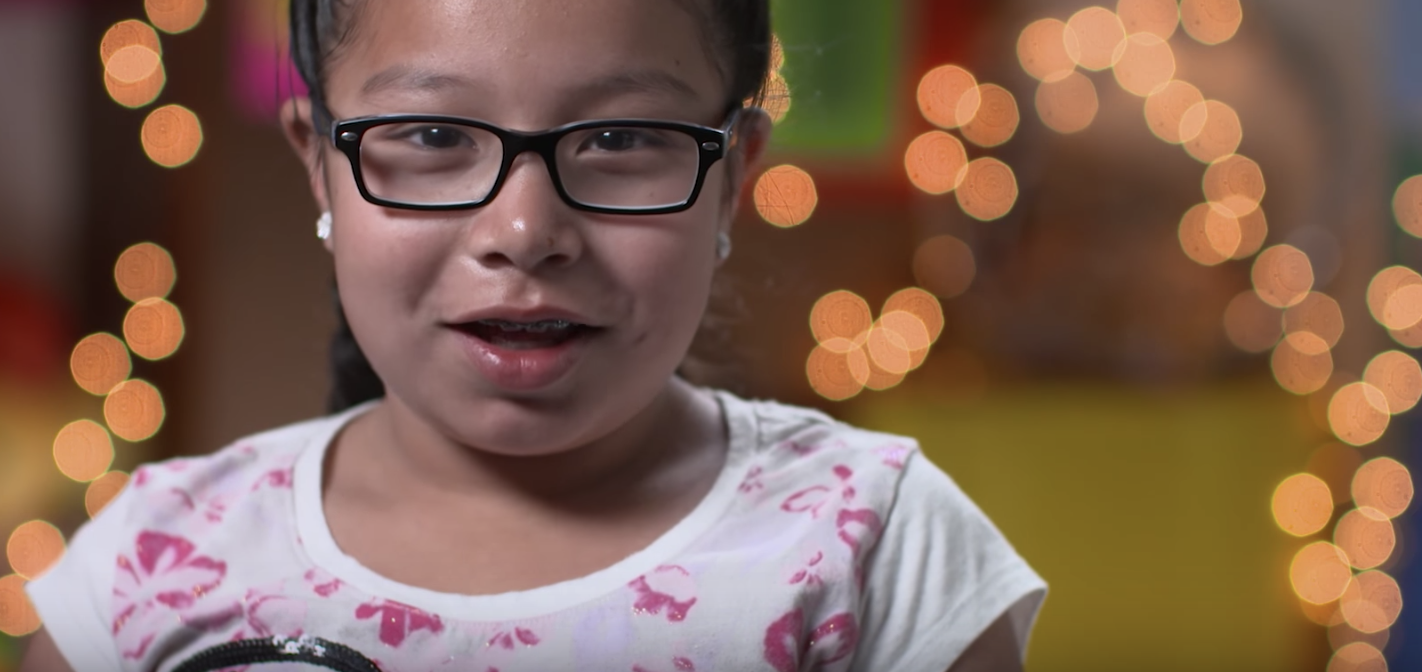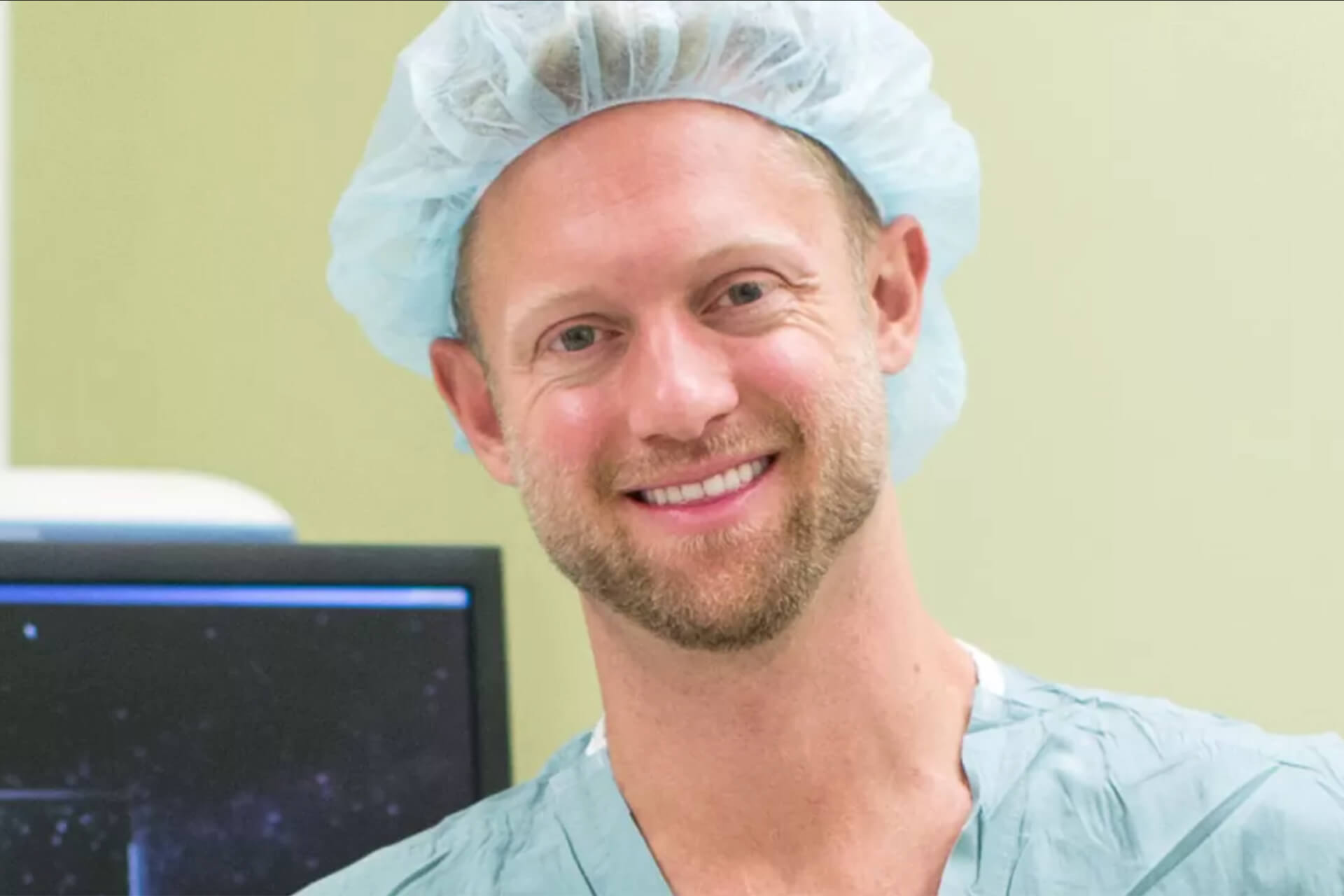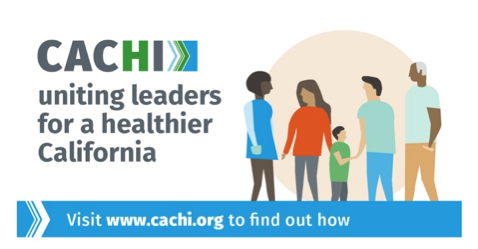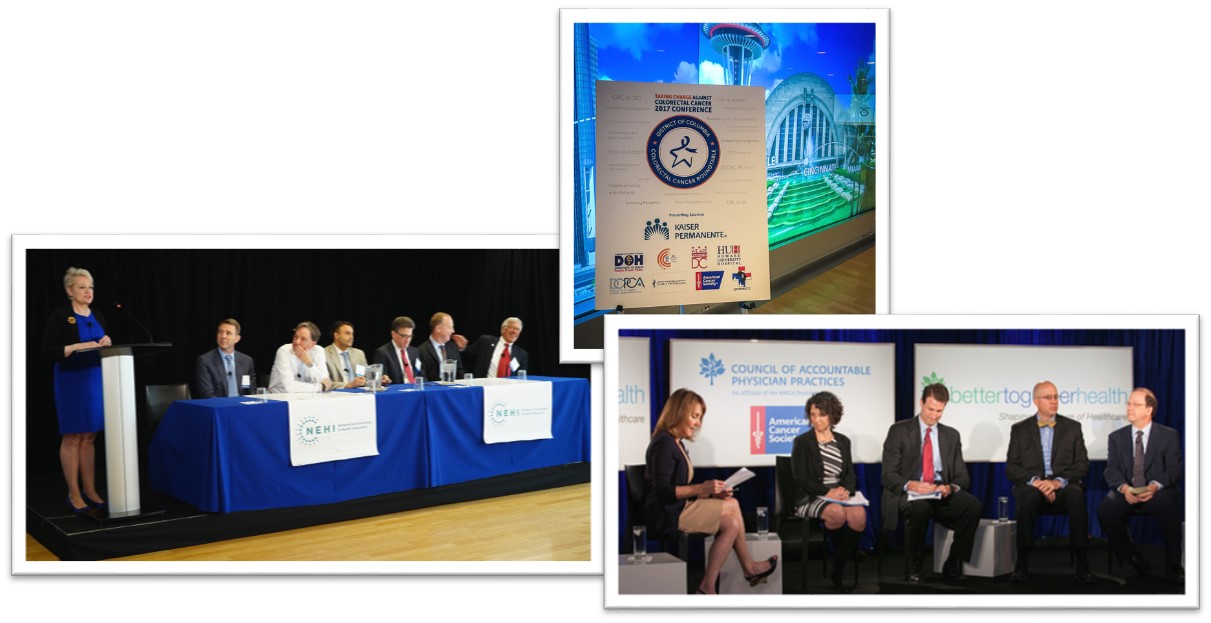At birth, Hydeia Broadbent was abandoned at the University Medical Center of Southern Nevada in Las Vegas, where Patricia and Loren Broadbent adopted her as an infant. Although her HIV condition was congenital, she was not diagnosed as HIV-positive with advancement to AIDS until age 3. The prognosis was that she would not live past the age of 5. Now more than 20 years later, Broadbent spends her time spreading the message of HIV/AIDS awareness and prevention by promoting abstinence, safe-sex practices (for people who choose to have sex), and the initiative “Knowing Your HIV/AIDS Status.”
Broadbent was a keynote speaker at Kaiser Permanente’s 2011 National Diversity Conference, speaking to several hundred Kaiser Permanente physicians and employees celebrating and learning about diversity and inclusion. We caught up with Broadbent recently to see what messages she had to share in honor of World AIDS Day.
CTH Blog:
When did you start speaking publicly about HIV/AIDS?
Hydeia Broadbent:
I started speaking out at the age of 6. Back then my focus was talking about compassion for individuals living with HIV/AIDS to make sure they were treated fairly. In the late 1980s a lot of people lost their jobs or they were kicked out of their homes. Some kids couldn’t even go to school, so I really started speaking about compassion and understanding.
Now, my primary goal is to provide a clear understanding of how to avoid at-risk behaviors through self-examination and informed decision-making. With all that we know about the virus, it is clear to me that contracting HIV/AIDS today is a choice and we can’t allow anyone the power to make that choice for us.
CTH Blog:
What has your message been to clinical staff and caregivers?
HB:
Growing up I spent a lot of time in the hospital. For those who work with someone who is infected with HIV/AIDS, you guys are very important to our lives. We spend a lot of time with our doctors and our nurses and our case workers.
I know how important it is for communication between a doctor and patient. Patients want to be informed about the medicines and procedures that they go through. And it also goes back to compassion because a lot of times when people have chronic illnesses they may be facing them alone. Sometimes they don’t have the support of their families or friends. Service with a smile really does go along way.
CTH Blog:
There was a time last year when you were without insurance?
HB:
Yes, and that was very scary. I know how expensive these out-of- pocket costs can be. A lot of people wanted to help me, but I wanted to make sure we help others – it’s not just about Hydeia. I feel like I speak for a lot of people who don’t have a name or a face or a voice, but they are out there, and they deserve the compassion of their fellow brothers and sisters. Everything I go through serves a purpose. I want to inspire people, not to just care about me, but others who are living with HIV/AIDS.
CTH Blog:
At Kaiser Permanente’s 2011 National Diversity Conference, you mentioned you received care at a Kaiser Permanente facility?
HB:
I live in Las Vegas, but once I got sick when I was in Los Angeles and ended up at a Kaiser Permanente facility, so I know the care and the service that Kaiser Permanente provide, and it’s excellent.
CTH Blog:
What are you working on now?
HB:
On Nov. 26, a project I’ve been helping work on, “Forgotten but Not Gone: Kids, HIV & AIDS,” aired on Nickelodeon. The inspiration came to me after seeing a story about a 13-year-old boy in Pennsylvania who had applied to a private boarding school, but was refused because he is HIV-positive. The show is a powerful piece featuring many stories of youth who have been living with HIV, and it addresses stereotypes.
I’ve been doing a lot of work around youth lately, such as public service announcements that they can relate to. A lot of young people don’t like to be lectured to, so you have to make sure it’s more of a discussion and you’re not just preaching. And also when it comes to HIV, you have to install a sense of fear. We have kind of glamorized it because we wanted people with HIV to be accepted, but we forgot to talk about the reality of what this disease is, and it still kills people. There are medications, but not everyone can afford these medications, so we need to make sure we are speaking to the reality that these medications cost a lot of money.
CTH Blog:
World AIDS Day is around the corner. What do you hope people think about on Dec. 1?
HB:
I grew up in a time when there was no hope. I’ve seen countless friends die — my own doctor had passed away. We are definitely in a new time when there are advancements to medications and people aren’t dying at alarming rates from AIDS as they once did. But the fight is far from over. You have to go home and talk to your kids. You have to talk to them about HIV. You have to talk to them about sex. You have to talk to your nieces your nephews. We have come to a place where we are complacent about HIV/AIDS because people are healthier they are living longer and it’s kind of on everyone’s back burner. If you aren’t talking to your kids about these things, someone else probably is.
I’d also like people to stop and think: Do you know your own HIV status?
Below is an excerpt from Broadbent’s keynote at Kaiser Permanente’s 2011 National Diversity Conference.




